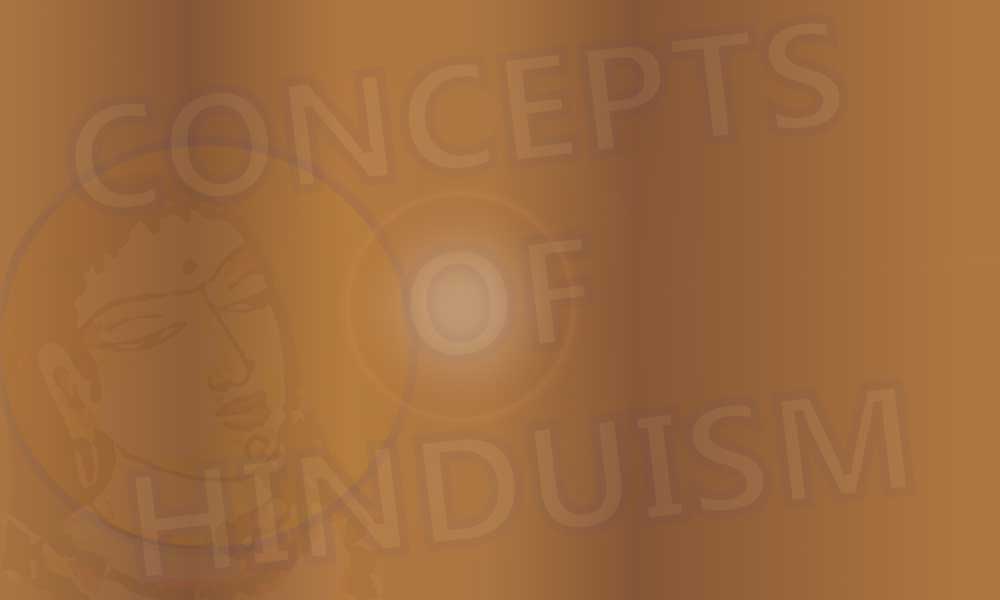
The Life and Legend of Abhimanyu

Abhimanyu was the son the Arjuna born to Subhadra, his second wife. He was a great warrior prince, who acquired the most secretive knowledge of strategic warfare from his father Arjuna and his maternal uncle Sri Krishna.
Abhimanyu was born for a purpose and played a significant role in the Mahabharata war, although he lived for a short time.
He overheard the conversation between his mother and her brother Lord Krishna about an advanced battle formation known as Chakravyuha, even while he was still in the womb of his mother Subhadra, and grasped the secret of advancing through it successfully.
Unfortunately he could not listen to the latter part of the conversation in which Sri Krishna explained to his sister how to emerge out of it successfully.
On the 13th day of the epic Mahabharata war, the Kauravas decided to engage the Pandavas with a Chakravyuha, planning at the same time to keep Arjuna busy on another front with the help of some gifted warriors. Arjuna alone had the knowledge of dealing with the Chakravyuha, but as he was busy, Abhimanyu came to the rescue of the Pandavas and entered the battle formation all alone, although he knew only how to enter into it.
So great was his valor on that day that eminent warriors like Dronacharya, Duryodhana and Dussasana on the Kauravas' side could not stand against him. Unable to face him directly, they resorted to treachery. They surrounded him from all sides and broke his bow by shooting arrows from behind.
Then they engaged him from all sides and killed him in the most gruesome manner by smashing his head.
Angered by the unjust manner in which he was killed, the next day Arjuna avenged the death of his son by unleashing a reign of terror on the Kaurava army and slaying thousands of enemy warriors.
In many ways the death of Abhimanyu was a turning point in the Mahabharata war. It changed the mindset of the Pandavas and made any chance of reconciliation impossible.
The manner in which he was killed amplified the animosity and vengefulness between the Kauravas and the Pandavas. It also exposed the duplicity of many members of the Kuru community, who were complicit to the daylight murder of Abhimanyu against established norms. It also exposed the character flaws of many elderly statesmen on the Kaurava's side and made the Pandavas rethink about their rules of engagement.
From then on what mattered most was how to destroy each other and achieve victory, so much so that it made the Pandavas disregard all norms or propriety and engage in the unjust killing of Bhishma, Dronacharya, Karna, Asvaththama and even Duryodhana.
At the end of the Mahabharata war, Abhimanyu's son Parikshit was the sole survivor of the Kuru clan and eventually succeeded Yudhishtir to the throne of Hasthinapur.
In the epic Mahabharata, Abhimanyu exemplifies many virtues, such as courage, righteousness, selflessness, respect for elders and love for one's family.
Suggestions for Further Reading
- Arjuna, the Great Pandava of the Epic Mahabharata War
- The Mahabharata, the Epic of the Bharatas
- Bhagavad gita and the problem of sorrow
- The Ajivika Sect of Ancient India
- Ashrama Dharma, The Four Stages of Human Life
- Asvins, the Twin Gods of Healing in the Vedas
- The Concept of Avatar or Incarnation in Hinduism
- Buddhi, Discriminating Intelligence
- The Concept of Atman or Eternal Soul in Hinduism
- The Problem of Maya Or Illusion and How To Deal With It
- Belief In Atman, The Eternal Soul Or The Inner Self
- Brahman, The Highest God Of Hinduism
- The Bhagavad Gita Original Translations
- The Bhagavadgita, Philosophy and Concepts
- Bhakti yoga or the Yoga of Devotion
- Hinduism And The Evolution of Life And Consciousness
- Why to Study the Bhagavadgita Parts 1 to 4
- Origin, Definition and Introduction to Hinduism
- Symbolic Significance of Numbers in Hinduism
- The Belief of Reincarnation of Soul in Hinduism
- The True Meaning Of Renunciation According To Hinduism
- The Symbolic Significance of Puja Or Worship In Hinduism
- Introduction to the Upanishads of Hinduism
- Origin, Principles, Practice and Types of Yoga
- Essays On Dharma
- Esoteric Mystic Hinduism
- Introduction to Hinduism
- Hindu Way of Life
- Essays On Karma
- Hindu Rites and Rituals
- The Origin of The Sanskrit Language
- Symbolism in Hinduism
- Essays on The Upanishads
- Concepts of Hinduism
- Essays on Atman
- Hindu Festivals
- Spiritual Practice
- Right Living
- Yoga of Sorrow
- Happiness
- Mental Health
- Concepts of Buddhism
- General Essays